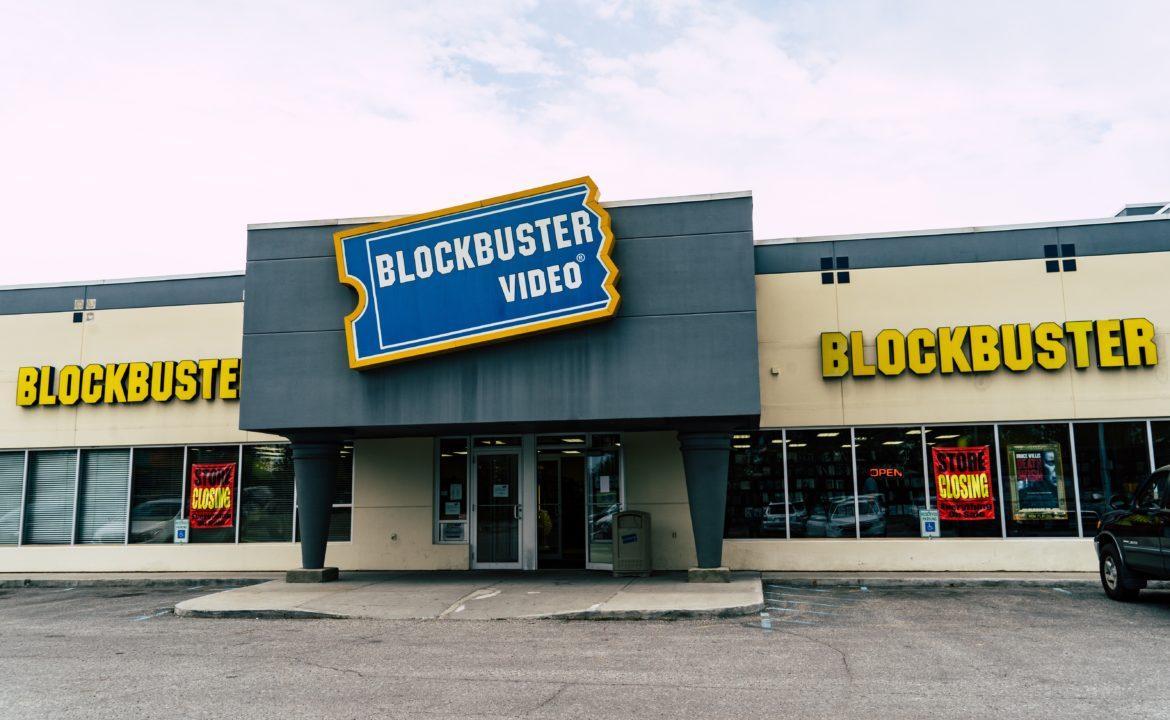When my dad entered the workforce, he approached it the same way he approached the dating pool: he wanted to make a lifelong commitment. That’s what his dad did. It’s what his peers were doing. Commit to a company, put in fifty years, and get a gold pocket watch when you retire. If you take care of the company, the company will take care of you.
It was an okay system, and it worked for a lot of people for a lot of years. But I don’t think you’ll be shocked when I tell you that it’s not working now. In the 1950s, the average age of an S&P 500 company was 60 years. That number dropped to 24 in 2016 and is forecast to shrink to just 12 years by 2027. New, young companies are rising up every day, and it’s putting a lot of older, less responsive companies out of business. It’s no longer feasible to dedicate your whole career to one institution.
While we may know all of this intellectually, we are still acting like our companies are on a stable and secure trajectory. We gauge our success by looking at peer companies in our industries, not by looking at tech disruptors. We make product decisions based on sales and market indicators. We model our careers after our parents’ or our mentors’, not after the innovators of our own time. It may be an uncomfortable question…but why doesn’t this make us nervous?
Because our customers are happy and they’re buying the products we sell! We have high net promoter scores and rave online reviews.
Like Blockbuster!
A lot of people forget how beloved Blockbuster was. It was fun to go out on Friday night and rent a movie. The employees were usually movie lovers who could give you recommendations and reviews. You could browse and find new releases or old favorites. It was a great time! Believe it or not, Blockbuster’s peak was in 2004, seven years after Netflix hit the scene.
Blockbuster didn’t go out of business because of bad customer service. We just didn’t need what they were selling anymore.
Listening too closely to your net promoter scores and employee feedback is a dangerous practice. As Henry Ford may or may not have said, “If I had asked people what they wanted, they would have said faster horses.” Customer feedback can of course help us to improve, but we also need to keep our eyes on the horizon, on the changing needs of our customers and on the problems yet to be solved. Instead of playing it safe with a steady paycheck at an established company, look around at the problems that need solving, and then look inward at the passions you want to pursue. Where do those two things intersect? That’s where you need to go.
And it’s never too late! My dad ended his career without finding a problem worth solving. Instead he spent a few decades at a safe, established laminate company before being edged out. But you know what? The people in his town lacked a bike shop. Now he keeps bees and fixes bicycles, and is much happier than he ever was in middle management.

